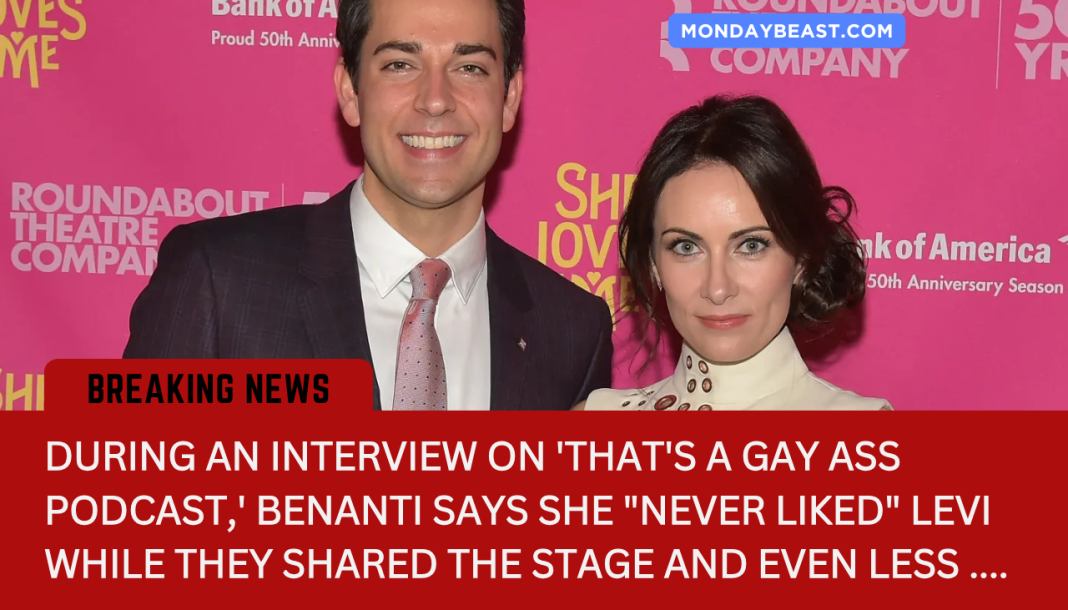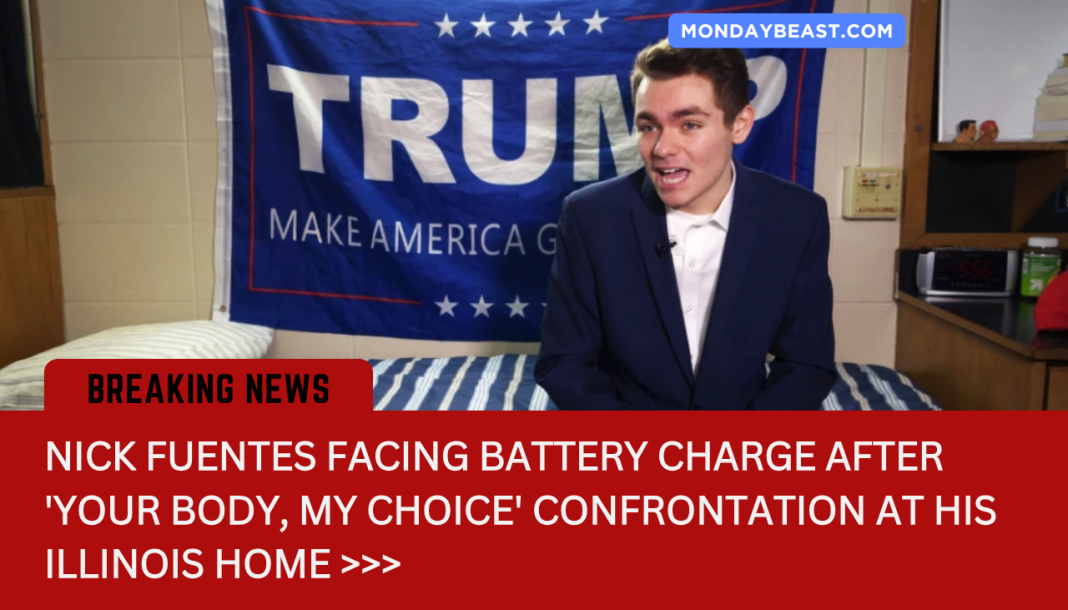Benanti’s Strong Feelings About Levi
Laura Benanti recently opened up about her past with Zachary Levi. On “That’s a Gay Ass Podcast,” she did not hold back. She confessed, “I never liked him.” Those words might shock fans. After all, they once shared the Broadway stage in “She Loves Me.” In this successful revival, they played opposite each other. Yet, Benanti’s memories of Levi were less than affectionate.
Fans remember the production fondly. It won awards and left audiences thrilled. But for Benanti, Levi was more energy drain than star. “He’s sucking up all the fucking energy in this room,” she said. This wasn’t a simple personality clash; it was a deeper frustration. She felt he overshadowed everyone with his exuberant presence. “It was like a dance party at half-hour,” she noted.
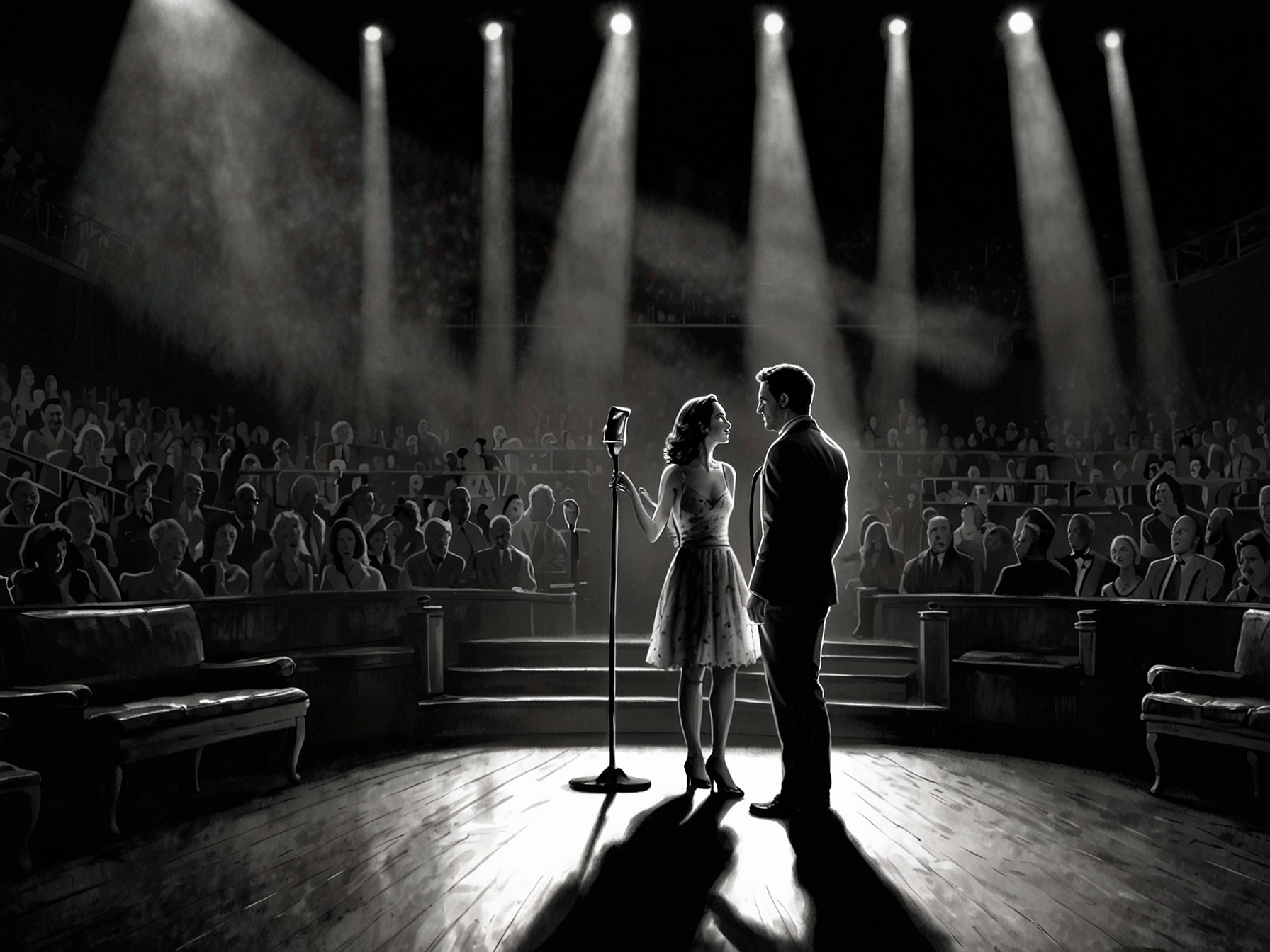
The contrast was stark. While Benanti preferred focus and calm, Levi thrived on high spirits and loud antics. Their dynamic gave way to tension. Can we truly enjoy a partnership with someone we don’t resonate with? It’s a twisting thought, but many in creative industries face it. Being on stage with someone can be intense, creating bonds or, as in Benanti’s case, divisions.
The Tragedy of Gavin Creel
Gavin Creel, a beloved Broadway star, unexpectedly passed away this past September. His death sent shockwaves through the industry. Creel battled cancer, something many fans were unaware of. Suddenly, conversations about health and grief took center stage. How do we cope with the loss of someone beloved? There’s no easy answer.
In the wake of Creel’s passing, Levi’s comments drew ire. He suggested that the COVID-19 vaccine might have contributed to Creel’s death. In a rather convoluted Instagram Live, he linked the two in a way many found distasteful. To say these words were controversial would be an understatement. This narrative frustrated many peers. They viewed it as a politicization of grief, rather than a thoughtful reflection on a tragic reality.
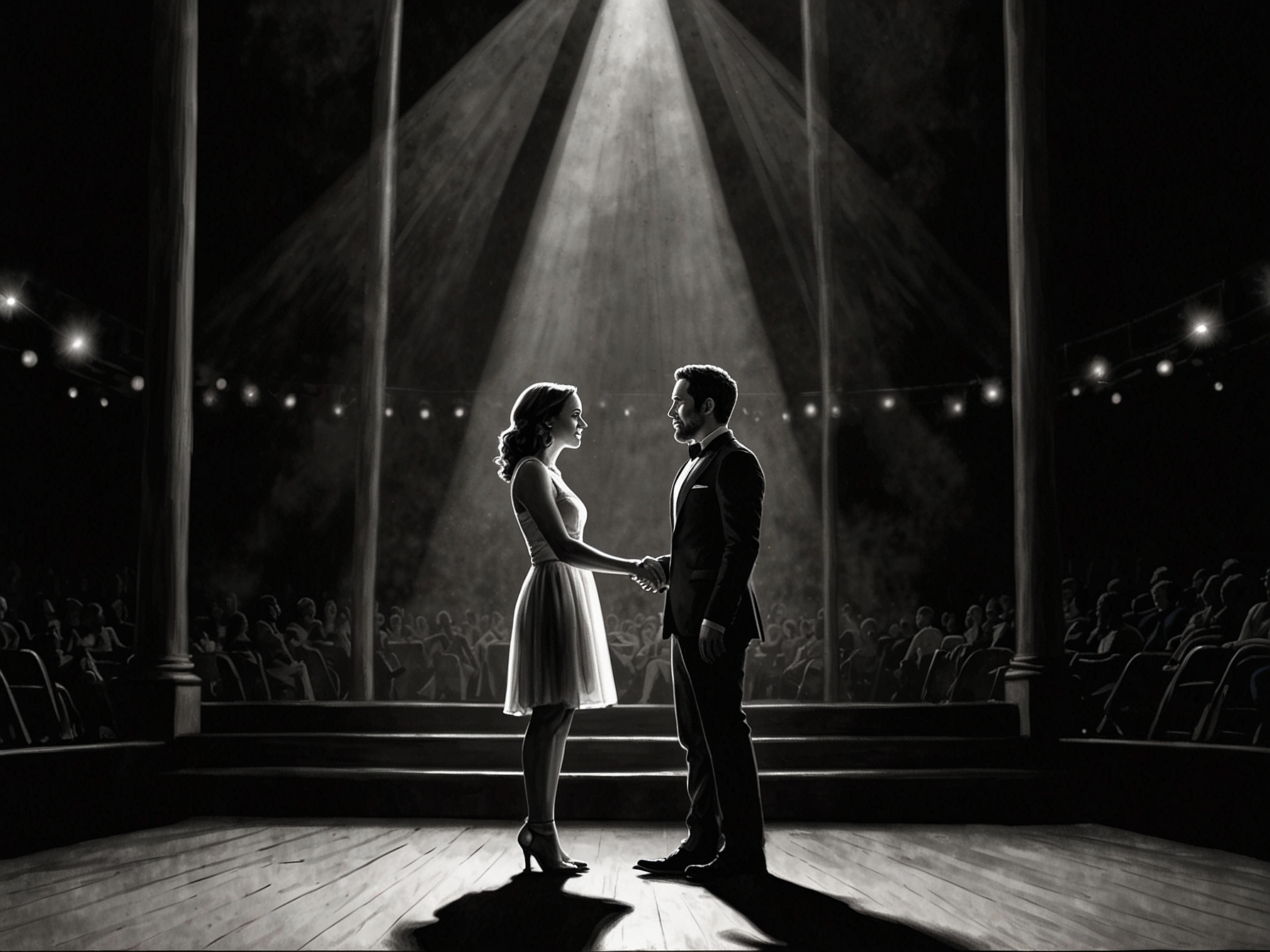
Benanti expressed her offense in no uncertain terms. “Fuck you forever,” she said, addressing Levi directly. Using Creel’s memory to push a political agenda struck her as wrong. It’s a valid point. Do we honor those we’ve lost by distorting their stories? Or should we share them truthfully, focusing on love and remembrance instead?
The Broader Implications
The fallout from this exchange reflects a larger cultural conversation. How do we talk about loss? And how do public figures bear responsibility? Levi’s comments ignited backlash. Those in the theater community responded quickly, showing solidarity with Creel and his legacy. Yet, it also raised questions about professional responsibility in the public eye.
In moments like this, we grapple with our values. We may feel anger, sadness, or confusion. When celebrities step into political territories, intentions might differ. Sometimes, they mean well. In contrast, other times, it seems to backfire. How can stars balance influence and sincerity?
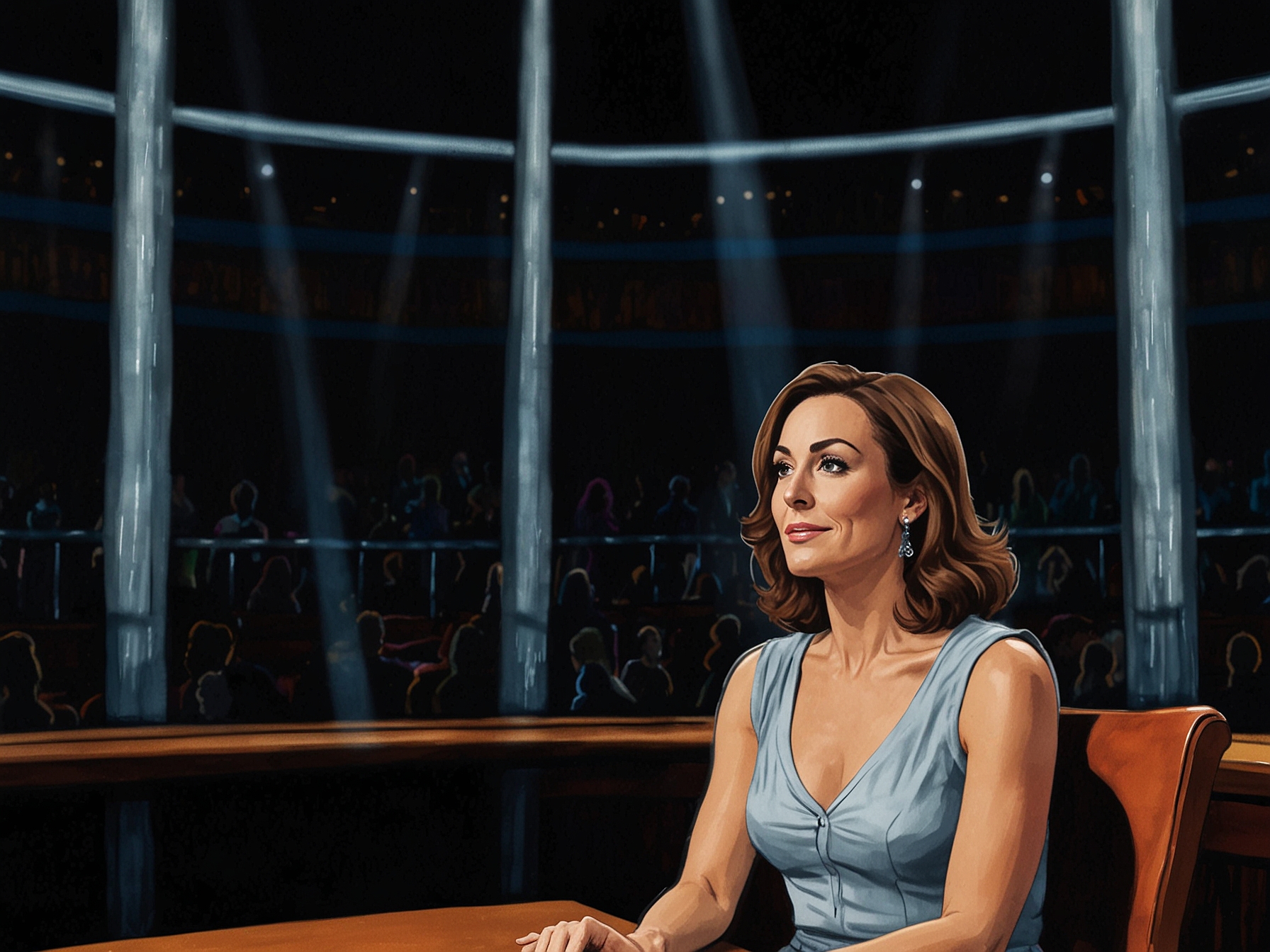
This saga reminds us of the complex relationships in art and life. Creatives must navigate sharing stages while honoring personal feelings. In Benanti’s case, her honesty is refreshing yet confronting. We may not always like our coworkers. However, learning to maintain professionalism amid personal feelings can be a difficult dance. Yet, it’s a necessary one.
The Final Thoughts
The intricacies of human relationships, especially in the film and theater world, can stir up drama. They can also unlock deeper truths and connections. Benanti’s frankness adds a candid twist to the often-glamorized Broadway narrative. It’s a raw reminder that behind the curtain is real life. This open exploration can ultimately drive healing.
As audiences, we’ve got to ask ourselves: how do emotions intersect with our favorite art forms? Can moments of drama become pathways for understanding? In this vulnerable space, might we find common ground, even through controversy? If nothing else, perhaps we learn just as much from conflict as we do from celebration.

